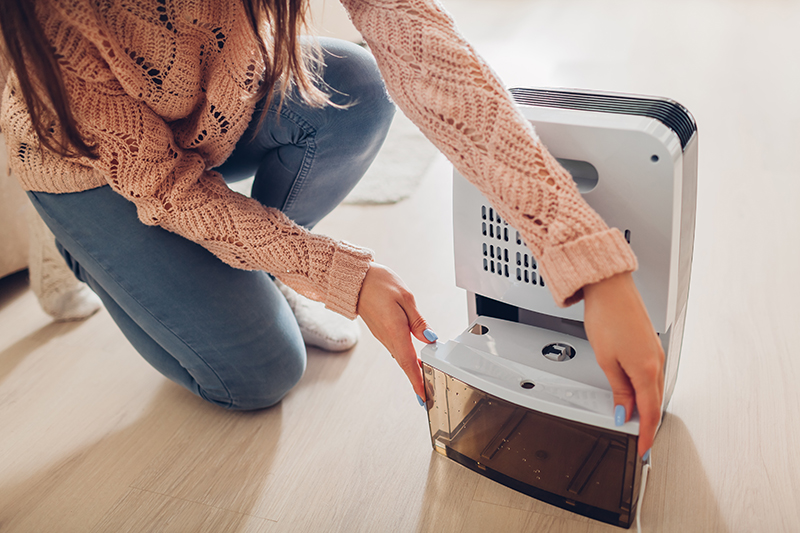Good indoor air quality is vital for you to have a healthy and comfortable home for you and your family. The air we breathe can have a significant impact on our well-being, so it’s crucial to focus on indoor air quality. In this blog, we delve into the importance of good indoor air quality and how it can impact our health. We also provide practical tips to help you improve the air quality in your home.
Why Good Indoor Air Quality Is Important
Understanding the importance of good indoor air quality is crucial. Breathing clean air promotes better respiratory health. It reduces the risk of allergies and asthma attacks and prevents respiratory infections. Good indoor air quality helps maintain a healthy immune system and your well-being. Fresh and clean indoor air contributes to a more comfortable living environment. Proper ventilation and air circulation can regulate temperature, humidity levels, and odors. This provides a pleasant and inviting atmosphere. High-quality indoor air can improve cognitive function and productivity. Studies have shown that clean air can enhance concentration, memory, and mental well-being. This can lead to increased productivity and better work performance.
Effects of Poor Indoor Air Quality on Health
Poor indoor air quality can have various detrimental effects on our health. Pollutants like dust, dander, and mold spores can trigger or worsen respiratory problems. This includes allergies, asthma, and other respiratory conditions. Prolonged exposure to these pollutants may lead to chronic respiratory issues. Indoor air pollutants can cause allergic reactions. It can increase sneezing, coughing, watery eyes, and skin irritations. Common allergens include dust mites, pollen, pet dander, and mold. Poor indoor air quality can contribute to headaches, fatigue, and general discomfort. Chemicals from cleaning products, furniture, and carpets can emit volatile organic compounds (VOCs). These can affect our health and well-being.
Tips to Improve Indoor Air Quality
Use these practical tips to improve the air quality in your home.
- Regular cleaning. Dust and vacuum often to reduce the buildup of allergens and dust particles. Use a vacuum cleaner with a HEPA filter to capture smaller particles.
- Proper ventilation. Ensure proper ventilation in your home by opening windows whenever possible. Use exhaust fans in bathrooms and kitchens to remove excess moisture and pollutants. Consider installing air purifiers with HEPA filters for more air cleaning.
- Control humidity levels. Maintain optimal humidity levels in your home to prevent mold and mildew growth. Use dehumidifiers in damp areas and fix any leaks or water damage.
- Avoid smoking indoors. Smoking indoors introduces harmful chemicals and toxins into the air. Encourage smokers to smoke outside to protect the indoor air quality for those in your home.
- Choose natural cleaning products. Use natural cleaning products to reduce the release of harmful chemicals. Read labels and opt for products labeled as non-toxic.
Contact Us
Prioritizing good indoor air quality is essential for a healthy and comfortable home. By using practical tips to improve air quality, you can create a healthier home. If you need help improving your home’s indoor air quality, contact us. We can help keep your home safe and happy for years to come!

